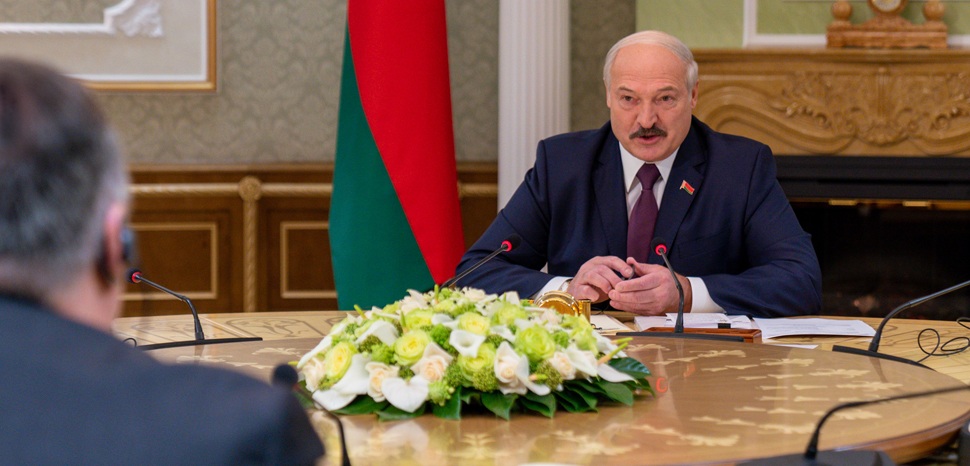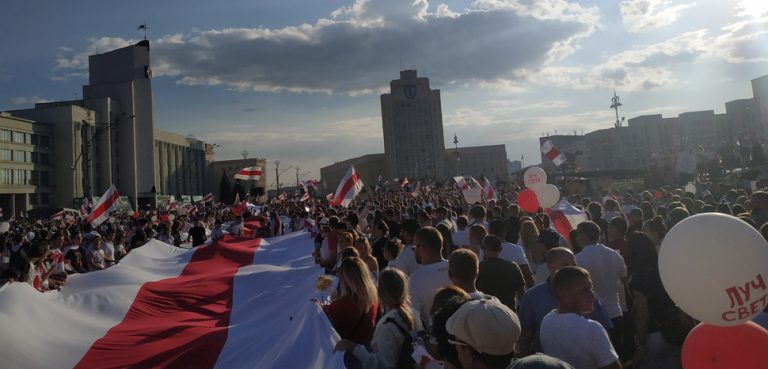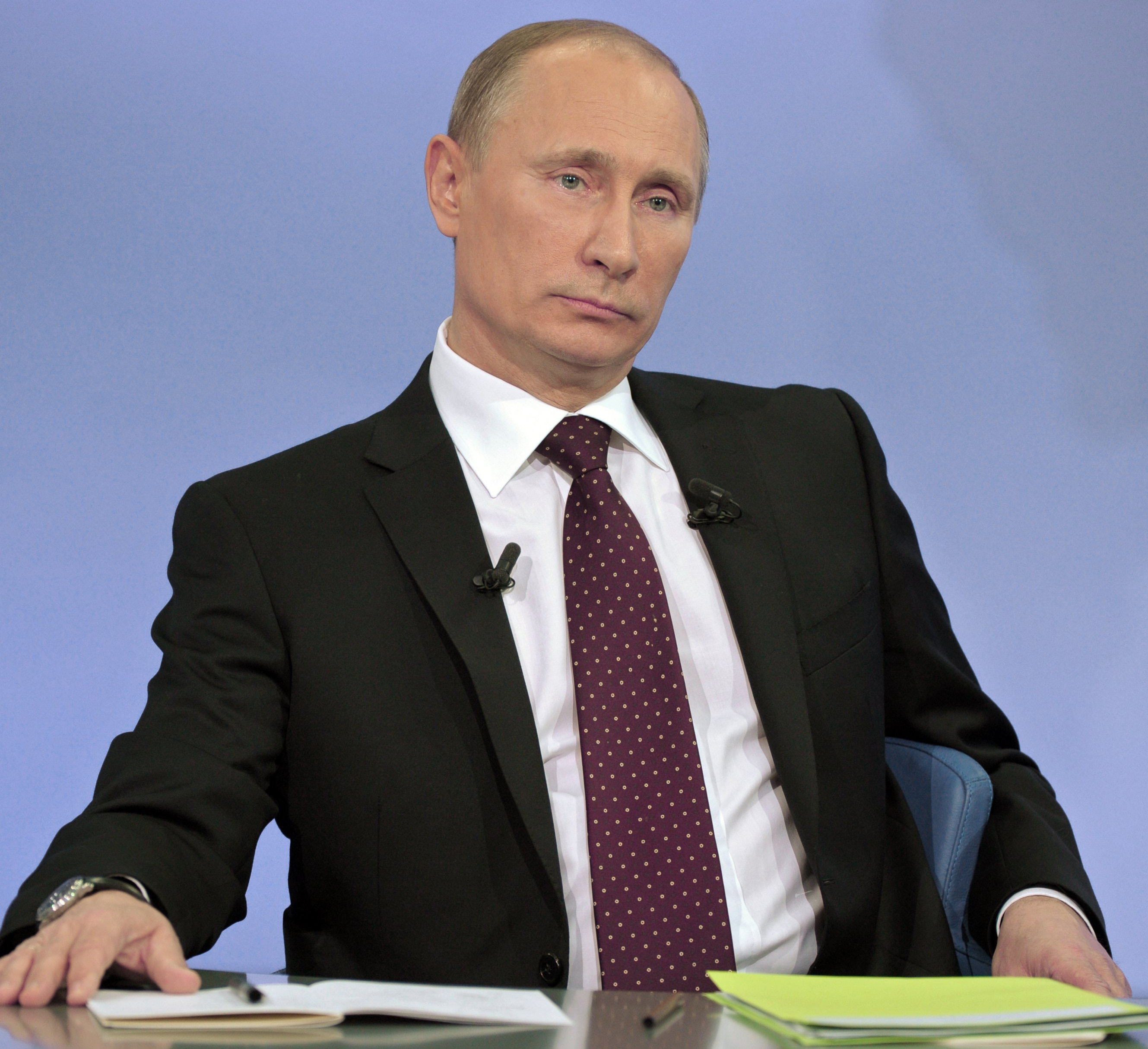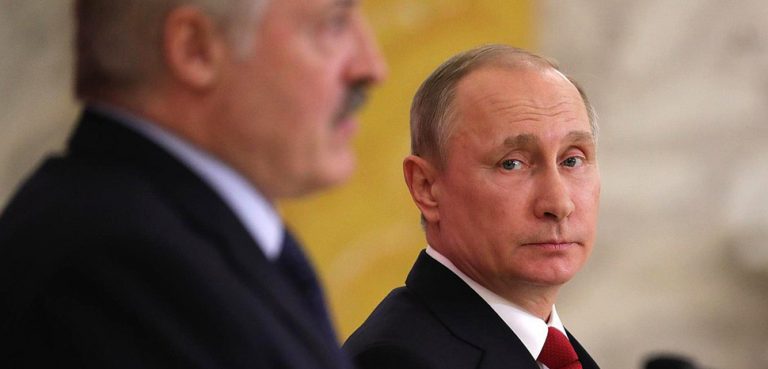Turmoil is engulfing the former Soviet Republic of Belarus as a result of the controversial presidential election of August 9. Both incumbent President Alexander Lukashenko – in power since 1994 – and opposition leader and activist Sviatlana Tsikhanouskaya claim to have won by a landslide. Perhaps not surprisingly, this tension has fueled mass protests throughout the country. The opposition claims an outrageous fraud has been committed, whereas Minsk’s authoritarian government argues that mobilizations are being orchestrated by “external forces.”
Although there have been previous episodes of unrest in Belarus, this occurrence is unprecedented due to its magnitude and potential ramifications. A critical mass is developing and the stakes are being raised. Casualties under unclear circumstances have been reported, as well as several incidents of police brutality. Protestors are now demanding the resignation of President Lukashenko and the dismantlement of his regime. In turn, the Belarussian leader’s response has been increasingly confrontational and the ensuing crackdown has weakened his political legitimacy even further. Hence, a negotiated solution does not look very feasible and it remains an open question as to whether it would even be desirable for key players on both sides.
Such events are reminiscent of the so-called “color revolutions,” which triggered not just regime change, but also geopolitical realignments in places like Eastern Europe, the post-Soviet space and Transcaucasia. Moreover, there is also a certain resemblance to what has been seen in Venezuela during the last couple of decades, and the simmering discontent that led to the Syrian civil war a decade ago.
At this point, it is unclear what the outcome will be. The opposition seems determined to get rid of Lukashenko once and for all and he is apparently willing to do whatever it takes to remain in power. Things can get easily spiral out of control in the Belarussian operational theater, but there is something one can be sure of: how events unfold there in the following months and maybe even years will be decisive for the global balance of power. In other words, it is a development worth examining from a geopolitical perspective.
Hence, the following sections will discuss the relevance of Belarus crisis and the interests of key stakeholders, in order to offer a comprehensive sense of situational awareness about what this reality ultimately means in the grand scheme of things.
Why Belarus Matters
According to the thinking of Sir Halford Mackinder – one of the founders of classical geopolitics as an analytical discipline – Belarus is located very near the core of the so-called ‘heartland,’ the Eurasian landmass’ top pivotal area, whose control is critical for the purpose of world domination. Indeed, due to its proximity to the Norther European Plain and lack of significant geographical barriers, Belarus is a gateway that connects Russia to Europe. Such geography is useful for either developing economic ties or projecting power, and in either direction. The fateful military campaigns of Napoleonic France, Nazi Germany, Czarist Russia and the Soviet Union are powerful reminders of that.
In terms of economics, Belarus’ GDP is smaller than nations like Bulgaria or Panama. Thus, it is far from being an economic heavyweight; however, according to Harvard’s Atlas of Economic Complexity, Belarus’ economy is more complex than those of Spain, the Philippines, Canada, and Turkey – all of which are commonly regarded as middle powers. In fact, Belarus was one of the most industrialized Republics of the Soviet Union and, albeit somewhat outdated, it still retains productive sectors involved in activities related to manufacturing, metalworking, textiles, machinery, vehicles, and electric components.
Likewise, Belarus’s geographical conditions are favorable for the production of agricultural goods like cereals, dairy, and beef. Nonetheless, unlike other former Soviet Republics, Belarus is not an energy exporter. Another important fact that needs to be taken into account is that Belarus is a landlocked country. As such, it has no choice but to rely on terrestrial infrastructure when it comes to international trade.
Politically, Belarus is an autocratic state – not very different from many of the former Soviet Republics of Central Asia which have been ruled by strongmen since the collapse of the USSR – in which political power has been monopolized by a single person for more than two decades. Furthermore, the country has not undergone a process of structural reform comparable to the ones that took place in many former Warsaw Pact countries. Interestingly, Belarus’ official iconography also still features several symbols from the Soviet era.
In cases like this, it is pertinent to bear in mind that the main problem that makes autocracies unstable in the long run is that their lack of systemic institutionalization tends to inevitably produce succession crises, violent power struggles, and/or abrupt regime change. Even undemocratic countries like Cuba, China and the Gulf petro-monarchies have attempted to learn that lesson. Lukashenko’s expectations to remain in power forever thus open windows of opportunity for internal challengers who want to unseat him.
However, far from being a purely domestic affair, the Belarussian crisis entails far-reaching geopolitical ramifications for several great powers, including:
Russia
Due to its geopolitical importance, Belarus is critical for Russia as a defensive buffer, one that shields the Russian heartland from the potential threat posed by NATO, especially considering both the eastward expansion of the Atlantic alliance and the prevalence of a pro-Western regime in Kiev since the Euromaidan protests led to the overthrow of Viktor Yanukovych. Hence, ensuring that Belarus is an ally or, at the very least, neutral remains a geostrategic priority for the Kremlin.
On the other hand, Belarus has arguably been the most Russophile country in the post-Soviet space. Belarus is very close to Russia in terms of language, history, culture, and even religion. Likewise, Minsk has joined the institutional frameworks created by Moscow, including the Collective Security Treaty Organization (CTSO) – an alliance whose membership is not compatible with NATO – and the Eurasian Economic Union (EAEU), an attempt to foster economic and commercial integration in the so-called ‘near abroad.’ The eventual prospect of unification (an idea that some regarded as a modern version of Anschluss) was even discussed during the 90s and 2000s.
The fact that Belarus’ demographic profile is highly similar to that of Russia is a valuable asset from Moscow’s viewpoint, particularly considering that – although rich in natural resources like fossil fuels, industrial minerals, uranium, timber, gemstones and fresh water – Russia’s population has been declining.
Nevertheless, it would be mistaken to portray Lukashenko as a Russian pawn or puppet. Although he has been mostly aligned with the Kremlin (after all, there are huge bilateral asymmetries and Belarussian energy security depends on Russian supplies), he has his own agenda. For instance, one of the reasons he has not enthusiastically embraced the reunification plan is that his political role would be diminished. After being a national strongman, he would be turned – at best – into a viceroy or provincial governor. Moreover, he has also been flirtatious towards the West, in an attempt to extract concessions, and also as a tactic to obtain a more favorable position in negotiations with Moscow.
As a result, Russia cannot afford to remain passive while there is widespread chaos in neighboring Belarus. However, Moscow’s options are all problematic. If it intervenes militarily to save Lukashenko or to annex the country outright, there will be a harsh backlash from the West and the Russian armed forces will be fighting a dangerous occupation war against a hostile population –one that used to be friendly – a situation that would be harnessed by Moscow’s rivals in order to generate a costly war of attrition that absorbs Russian resources.
In this sense, a modern version of the tragic events of the Prague Spring would inevitably create more problems than it solves.
Likewise, the use of ‘active measures’ (i.e. covert operations) or the mobilization of either special forces or mercenaries – like those of the Wagner Group – will not suffice. Taking Crimea (whose population was already heavily pro-Russian) is one thing, but restoring order and protecting the political rule of a leader who has become increasingly unpopular is an entirely different matter.
On the other hand, the Kremlin cannot simply withdraw its support for Lukashenko. It has too much to lose. Emboldened by the success of regime change in Kiev and Minsk, the Russian opposition might develop the critical mass that is needed to challenge President Putin’s regime. Needless to say, such scenario – a “colour revolution” in Russia itself – is the worst nightmare of the ruling ‘Siloviki’ clan. Moreover, if Russia abandons Lukashenko to his own fate, some of its unsavory-but-useful allies (including the Al-Assad regime in Syria or Maduro’s Venezuela) might no longer regard Moscow as a reliable strategic partner that is able to deliver in times of trouble, which could prompt them to reassess their foreign policies.
Then again, the most convenient option – or the lesser of several evils – for Moscow would be to participate as a relevant stakeholder in a negotiated or managed transition process, one that maybe even includes the possibility of exile for Lukashenko. The details would be tricky, a lot of political capital would have to be invested, and the result would be uncertain, but at least the Kremlin’s influence would have to be taken into account by all sides. It should be noted though that this scenario does not look very viable at present time.
The United States
The top geopolitical imperative for American national security is to prevent integration and unification in Eurasia. The reason for that is that the combination of the heartland’s resources, weaponry and manpower plus European or East Asian wealth and technology could directly threaten the American hemisphere itself. Hence, Washington must do everything in its power to isolate both Russia and China – the largest Eurasian behemoths – as much as possible.
The expansion of the European Union and NATO has served the aforementioned purpose. Therefore, the US has actively promoted the proliferation of “colour revolutions” in order to make sure that pro-Russian regimes are replaced by pro-Western ones. An important advantage is that such covert operational methodology is less costly and dangerous than a direct military intervention (Russia’s nuclear arsenal is a reality that cannot be overlooked). Interestingly, it is also fully consistent with the policy of containment that was followed during the Cold War.
The trick to make the recipe work is to harness legitimate domestic discontent and reframe it as a Manichean struggle of good versus evil. Such course of action has been publicly justified as an effort to promote democracy but it ultimately responds to a geostrategic rationale. In this particular case, even though it was not classified as one of the members of the so-called “Axis of Evil”, the State Department identified Belarus as an “outpost of tyranny” and as “the last dictatorship in Europe” almost 20 years ago.
Hence, the current wave of unrest in Belarus constitutes a window of opportunity to roll back Russian geopolitical influence. Consequently, regime change in Minsk – especially if it leads to the rise of a pro-Western government – would be a major geopolitical victory for the US and its allies. It will keep the Kremlin in check in a very menacing way and it would not even be necessary to entertain the idea of Belarus joining the EU or NATO (institutions which are undergoing dire structural problems anyway) at some point.
This policy would undoubtedly be supported by states like Ukraine, Poland, and the Baltic countries, all of which are fearful of a Russia seen as assertive and revanchist. According to historical experience, those strategic anxieties are hardly unreasonable. As a sea power that has always been concerned about the strength of continental powers and as a historical enemy of Russia since the days of the “Great Game” in the 19th century, Britain is likely to advocate a hardline stance towards Moscow as well.
Nevertheless, it is unclear if major Western European powers like France and Germany would be eager to join a crusade in the post-Soviet space only for the sake of protecting the abstract notion of liberal democracy. After all, they are mostly pragmatic toward countries whose governments do not reflect Western values, including China and Iran.
China
Unlike Russia’s revisionist policy in Europe, China is being seen as a status-quo power there. Nevertheless, that does not mean Beijing harbors no ambitions in Europe. In fact, the territory of several countries from the post-Soviet space – including Belarus – acts as an instrumental natural bridge for Beijing to foster economic ties with Western Europe, particularly through railways, like the one that connects the Chinese city of Chongqing to the German metropolis of Duisburg.
Furthermore, it is important to note that Belarus and China have recently created the Great Stone Industrial Park, an important infrastructure project whose components include high-tech manufacturing facilities – related to sectors like electronics, chemicals, engineering, advanced materials, IT and bio-technology – business platforms and logistical hubs and that, as a special economic zone, it officially operates under favorable regulations. The presence of heavyweight companies like Huawei is already established there and the project is expected to attract a considerable amount of foreign direct investment in the following decades. Another relevant factor that needs to be taken into account is that China is also a supplier of lines of credit for Belarus, a country that does not have a privileged access to international capital markets.
For Lukashenko’s regime, doing business with China has been a pragmatic choice, since it diminishes the country’s strategic dependence on Russia (according to the CIA World Factbook, the Russian consumer market absorbs 44% of Belarusian exports), without having to side with the West or comply with the conditions demanded by Washington or Brussels. Moreover, from Minsk’s perspective, China is thousands of miles away and it does not intend to annex Belarus as a province, whereas the same cannot be said of Russia.
In other words, Belarus is an important business partner for China but, above all else, it is a pivotal conduit for the implementation of China’s geoeconomic strategy in Europe. Hence, the rise of a pro-Western government in Minsk might compromise the European components of the so-called Belt and Road Initiative, a development that would represent a setback for China’s national interests. So far, Beijing has been cautious but it will certainly be closely monitoring the on-going Belarus crisis.
Concluding thoughts
The current Belarus crisis is mainly the result of domestic political tensions. Paradoxically, it is an internal issue which has a profound international dimension. As a matter of fact, the crisis has repercussions that could be consequential for the global geopolitical chessboard for decades to come.




